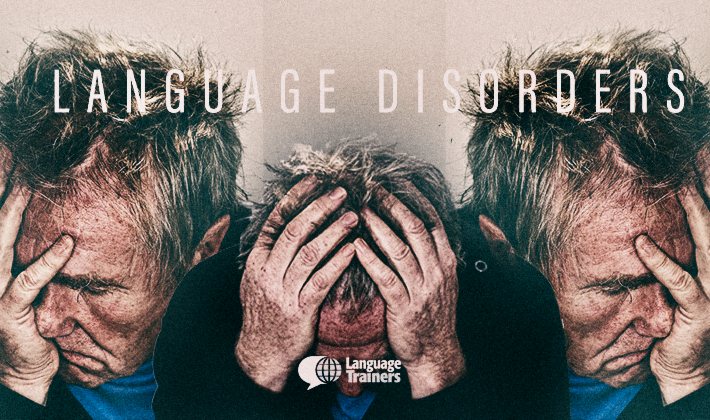Wacky Language Disorders You’ve Never Heard Before
Our brains are weird, really weird. And even though millions of dollars have been pooled into researching this complex organ, it continues to elude full comprehension. For example, did you know that a little bump to the head could grant you the gift of an entirely new language?
OK, it’s a lot more traumatic than a little bump, and probably hurts like hell, but it would be awesome to wake up with the ability to speak another language. Imagine: it’d be kind of like taking the red pill, except, rather than waking up to a painful dose of reality, you wake up to a painful headache and a dose of new language. However unlikely this may be, it’s still pretty interesting. Join us as we take a closer look at four language disorders that you probably have never heard of.
Warning!: Please don’t try to induce a head injury, there is no guarantee that you will gain anything more than a concussion!

Photo via Flickr
1. Foreign Language Syndrome
Just last year researchers at the University of Edinburgh published a case study on a 50-year-old Italian male who, following a brain injury, claimed that he could only speak French, even though he had not used it for decades. What’s more strange though is that he embodied all of the stereotypical mannerisms of a Frenchman and insisted on speaking French even though his command of the language was quite poor. He would even go so far as to stick his head out the window of his hospital ward every morning and shout “bonjour!”.
Similarly, 16-year-old Reuben Nsemoh, a high-school goalkeeper, awoke from a severe concussion in 2016 with complete fluency in Spanish. Bizarrely, it was his third concussion caused from playing football, he had never spoken the language fluently before and any attempt to speak English would cause him to seizure. Such cases are both rare and extraordinary, and although the exact cause continues to elude neurologists, we can rest assured that Reuben Nsemoh will be wearing a helmet when he returns to the pitch.
2. Foreign Accent Syndrome
Similarly to the case above, unsuspecting patients who have suffered a brain trauma have awoken with a foreign accent. Peculiarly the patient has no command over any new language, but is nevertheless afflicted with a foreign accent when speaking their native tongue. What really characterises the foreign accent is a significant change in the pitch and speech patterns, usually caused by a head trauma to the left side of the brain where language is processed, thus inducing a foreign accent. The first such case was recorded in the 1940’s, but since then over 60 cases have been recorded. Probably one of the most publicised is that of Sarah Colwill from the UK, who woke up with a Chinese accent.
Check out the woman who woke up sounding Chinese:
Cheese, potato, chocolate, hotdog, goulash. That’s exactly what lexical-gustatory synesthetes (LGS) are thinking, or rather what they’re tasting whenever they read word or hear words. This is a very rare form of synaesthesia where words or objects form a patchwork of tastes or smells. Actress Tilda Swinton also claims to have this condition: “word” for example reminds her of gravy.
In short, people with LGS can taste words. Although the cause of this tasteful syndrome is still unknown, some believe it is present in all of us from a young age but becomes blocked as we mature.

Photo via Flickr
4. What’s that word again?
This is a question, unless you are a highly gifted individual, that we have all uttered at some point. Forgetting or confusing words and phrases like, “all intensive purposes” with, “for all intents and purposes” frequently, is known as a word-finding deficiency, and usually signifies the presence of a learning difficulty or onset of a degenerative disease. It can also be characterised by excessive use of meaningless phrases and adverbs like, “by the way” or “literally”.
If any of these examples are beginning to sound familiar, do not be alarmed. Retrieval problems are often confused with a lack of knowledge, but a word-finding deficiency only applies when speaking in your native tongue (so if you’re having trouble learning a language or articulating yourself clearly you probably just need to knuckle down a bit more).
Only in very extrame cases of word misuse or non-rememberance should you visit a dictator.
(Editor’s note: spelling errors on purpose)
Know any other weird and wonderful language disorders? Share them in the comments below!

